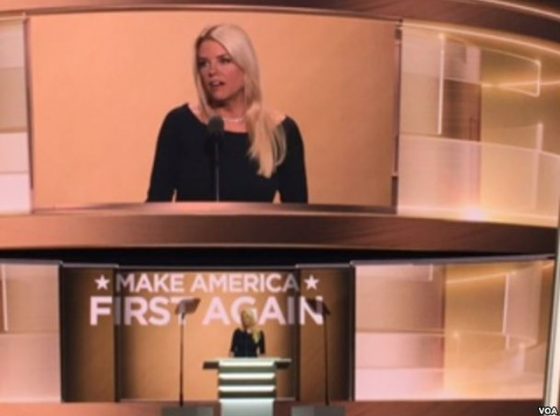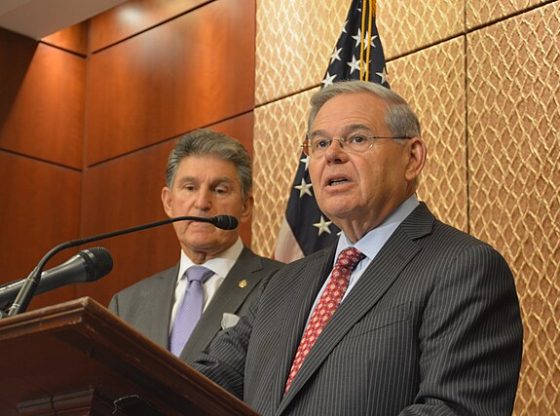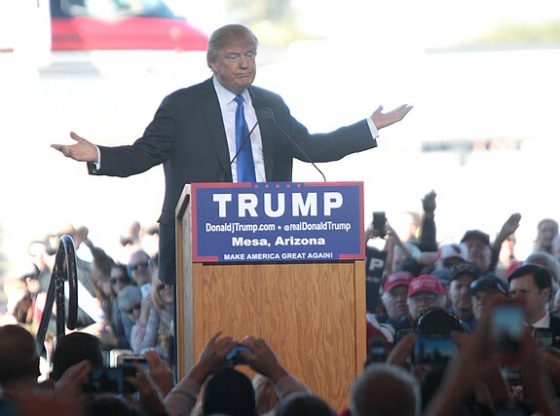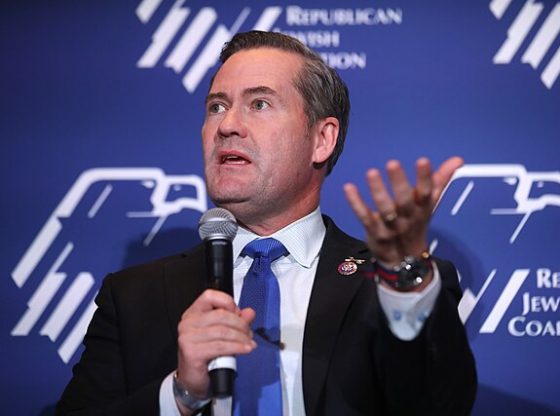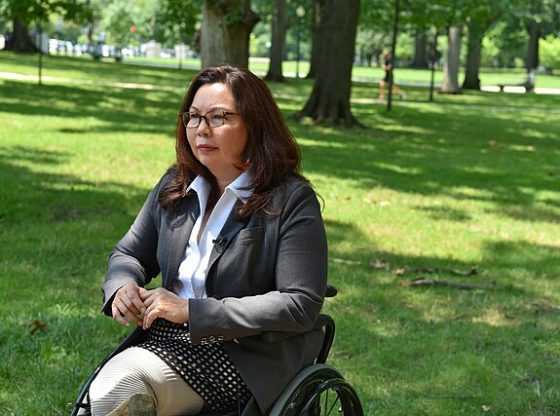Spirits were high inside the House chamber on Thursday, November 16, when, in the early afternoon, the gavel fell and a measure to rewrite the American tax code passed on a partisan tally of 227 to 205. As the deciding votes were cast—recorded in green on the black digital scoreboard suspended above the floor—the speaker of the House, Paul Ryan, threw his head back and slammed his hands together. Soon he was engulfed in a sea of dark suits, every Republican lawmaker wanting to slap him on the shoulder and be a part of his moment.
Ryan was the man of the hour. Having spent a quarter-century in Washington—as an intern, waiter, junior think-tanker, Hill staffer and, since 1999, as a member of Congress—he had never wavered in his obsession with fixing what he viewed as the nation’s two fundamental weaknesses: its Byzantine tax system and ballooning entitlement state. Now, with House Republicans celebrating the once-in-a-generation achievement of a tax overhaul, Ryan was feeling both jubilant and relieved—and a little bit greedy. Reveling in the afterglow, Ryan remarked to several colleagues how this day had proven they could accomplish difficult things—and that next year, they should set their sights on an even tougher challenge: entitlement reform. The speaker has since gone public with this aspiration, suggesting that 2018 should be the year Washington finally tackles what he sees as the systemic problems with Social Security, Medicare and Medicaid.
Tinkering with the social safety net is a bold undertaking, particularly in an election year. But Ryan has good reason for throwing caution to the wind: His time in Congress is running short.
Despite several landmark legislative wins this year, and a better-than-expected relationship with President Donald Trump, Ryan has made it known to some of his closest confidants that this will be his final term as speaker. He consults a small crew of family, friends and staff for career advice, and is always cautious not to telegraph his political maneuvers. But the expectation of his impending departure has escaped the hushed confines of Ryan’s inner circle and permeated the upper-most echelons of the GOP. In recent interviews with three dozen people who know the speaker—fellow lawmakers, congressional and administration aides, conservative intellectuals and Republican lobbyists—not a single person believed Ryan will stay in Congress past 2018.

